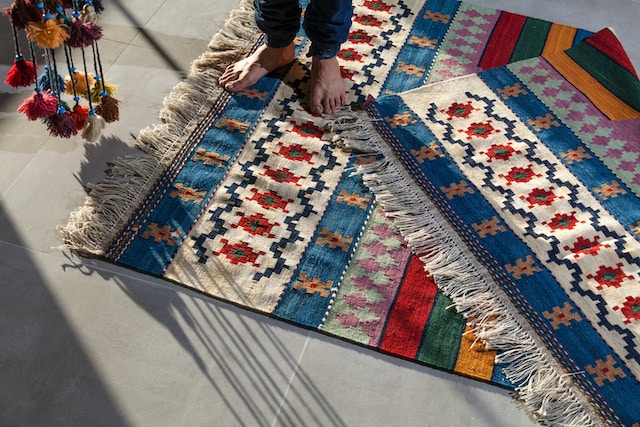
what is my name in native american
Explanation of the importance of names in Native American culture
Names hold a significant importance in Native American culture. (They) are not just random labels, but rather carry deep meanings and connections to one's identity, ancestry, and spiritual beliefs.
In Native American cultures, names are often given based on personal qualities, achievements, or experiences. (They) can also reflect one's relationship to the natural world, such as animals or elements of nature. For example, the name "Running Bear" may signify strength and agility while also invoking a connection to bears as powerful symbols in Native American traditions.
Furthermore, names are seen as sacred and powerful in Native American belief systems. (They) are believed to have an impact on a person's destiny and well-being. Therefore, it is crucial for individuals to carry names that resonate with their true essence and purpose.
When someone asks "what is my name in Native American," it is essential to understand that traditional Native American naming practices vary among different tribes and communities. However, the process of choosing a name typically involves consulting elders or spiritual leaders who possess knowledge of traditional naming customs.
Overall, names in Native American culture serve as more than just identifiers; they are expressions of individuality, heritage, and spirituality. So next time you hear your name spoken in a native tongue or wonder about its significance in another language - take a moment to appreciate the richness and depth it holds within your own identity!


